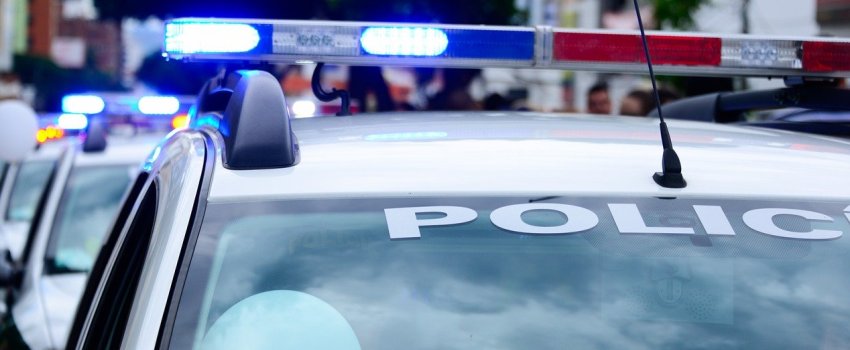What’s Probable Cause in Georgia?

What is the difference between probable cause and reasonable suspicion? You have most likely heard about probable cause from an officer or a TV show, and it is often confused with reasonable suspicion.
The Fourth Amendment establishes the people against unlawful search and seizure, so in order for it to be lawful – probable cause has to be present. It is worth mentioning that, yes, a police officer does have the right to ask for identification and you have an obligation to identify yourself (even if it is simply verbally).
Proving the legitimacy of the reason used to pull you over can be a tricky matter. If an officer is not able to prove probable cause in making an arrest or the probable cause is not warranted then the charges can be dropped because of the Fourth Amendment.
What is probable cause? Probable effectively means that a reasonable person would believe that a crime was in the process of being committed, had been committed, or was going to be committed. Probable cause is when an officer, from a tip or detection by sight, smell, or sound, has a reasonable suspicion to believe a crime has or is being committed. This is how officers are often able to make an arrest and get search warrants.
Law enforcement personnel must have probable cause to search an individual or search property (this applies to searches with or without a warrant). A prosecutor must confirm there was a valid reason to believe a person was involved in criminal conduct in order to move forward with any charges.
What is reasonable suspicion? The U.S. Supreme Court ruled in 1968 that law enforcement officials can briefly detain someone if they have reasonable suspicion that a crime has been committed, is being committed, or is about to be committed. To act on reasonable suspicion, a police officer relies on judgment (which is often biased), however, any action must be based on provable facts, conditions, and circumstances.
Reasonable suspicion is highly subjective and can become a major point to discuss in any defense representation. It states that law enforcement officers can question or detain a person if they believe a person has committed or is engaging in criminal activities. This belief has to be based on facts, but it is subjective to the officer’s background and training. Suspicion is enough to affect a traffic stop and detain you but it is not enough to search or arrest you.
Any arrest can be challenged, and a criminal defense lawyer can sometimes get charges to be dropped by intervening with the prosecutor’s office. If you have been arrested you should call us at 770-956-1400.


